Have you ever had trouble concentrating at work? Or maybe you barely remember important meetings and engagements? More often than not, this happens because we are hungry or because we aren't eating properly. If you want to improve these aspects of your life while staying full and satisfied, these brain foods are what you want to nosh on to boost your focus and memory! You tried to avoid #3 all your life, but as it turns out, it's actually essential to your brain function.
Blueberries
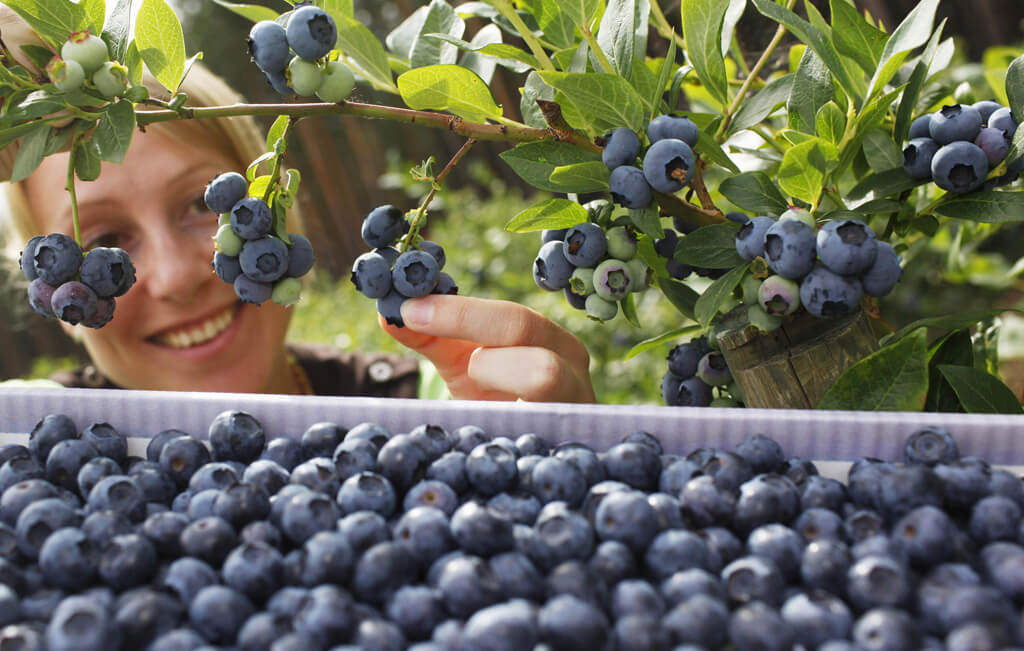
Advertisements
Photo: MICHAEL URBAN/AFP/Getty Images
Blueberries are nature's candy and it's a wonder why people aren't eating more of them! Despite their teeny size and delicious taste, blueberries pack quite a punch when it comes to nutrition.
The gallic acid in blueberries prevents our brains from degeneration and stress, which makes sense because how could you be upset while eating a blueberry? To make things even sweeter, blueberries are one of the highest antioxidant-rich fruits around, which prevents brain damage from free radicals. To make things even sweeter, blueberries are chock full of vitamin C, vitamin K, and fiber.
Avocados
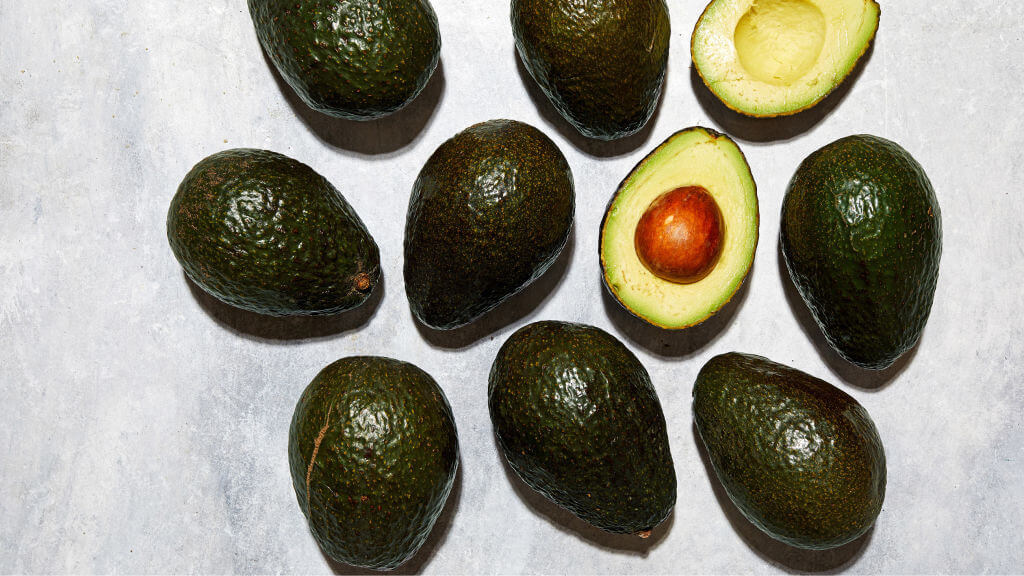
Photo: Stacy Zarin Goldberg for The Washington Post via Getty Images
It's hard to imagine anyone hating on avocados. These green beauties are nutritional powerhouses that not only taste great but do wonders for your health. Rich in Vitamin K and folate, avocados boost cognitive function by protecting against stroke and improving your concentration and memory.
If you're worried about the fat content in avocados, you shouldn't. Avocados have monosaturated fats, which are good for you as they stabilize your blood sugars and do wonders for the skin. That's not all 2014 not only are they rich in vitamins B and C, avocados have the highest protein and lowest sugar content of any fruit.
Beets
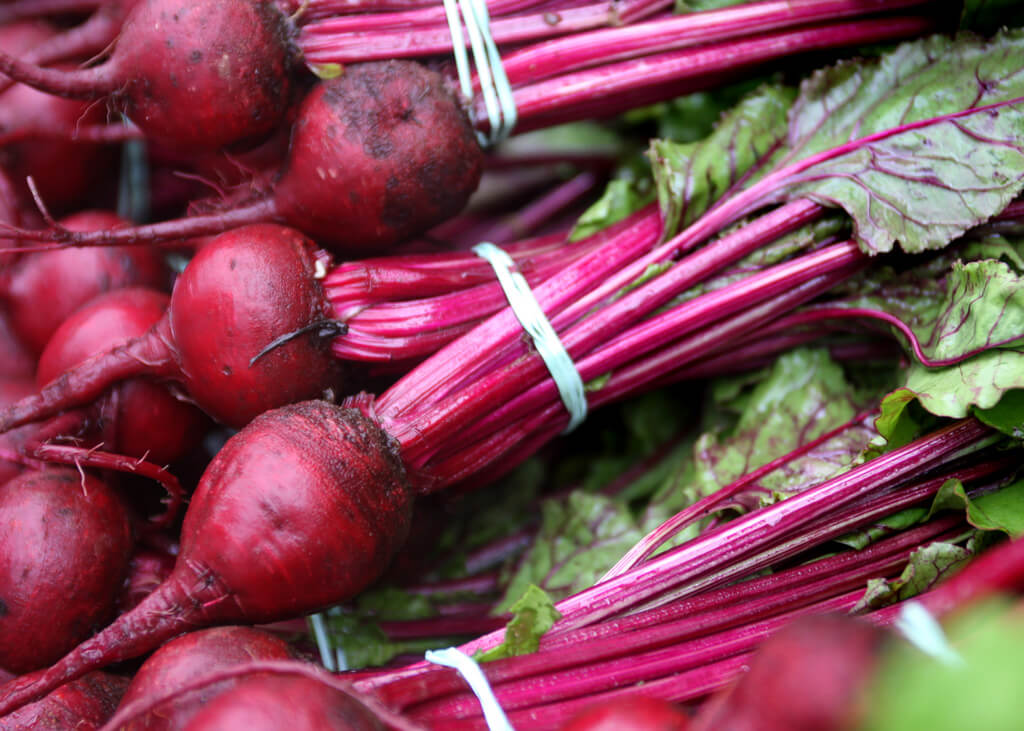
Photo: Joanne Rathe/The Boston Globe via Getty Images
Beets certainly aren't a favorite for many vegetable-heads out there, but this might change their minds. Beets are naturally packed with nitrates that boost blood flow to the brain, which of course equals seamless mental function!
This happens because beets are rich in nitrates, which when converted into nitric oxide relaxes and dilates blood vessels. Beets are also rich in Vitamin C, Iron, and Magnesium. They also contain antioxidants that help rid your body of toxins, reducing inflammation and your chances of getting cancer. Gym rats might want to start snacking on beets too since they help boost energy and improve overall athletic performance.
If you really can't do beets, then you'd be happy to learn which sweet treat you can turn to instead!
Bone Broth

Photo: jules/Flickr
Consuming bone broth is like drinking a multivitamin. It's packed with over 19 essential and non-essential amino acids, as well as nutrients that support your digestive health. How does this impact your brain exactly?
Proper digestive and immune function will ultimately promote stellar brain health. If your body is functioning properly from the inside, then your brain will also absorb nutrients better while attaining proper blood flow. The amino acids in bone broth will boost immunity and memory. Bone broth is also rich in collagen which is important for your joint health.
Celery
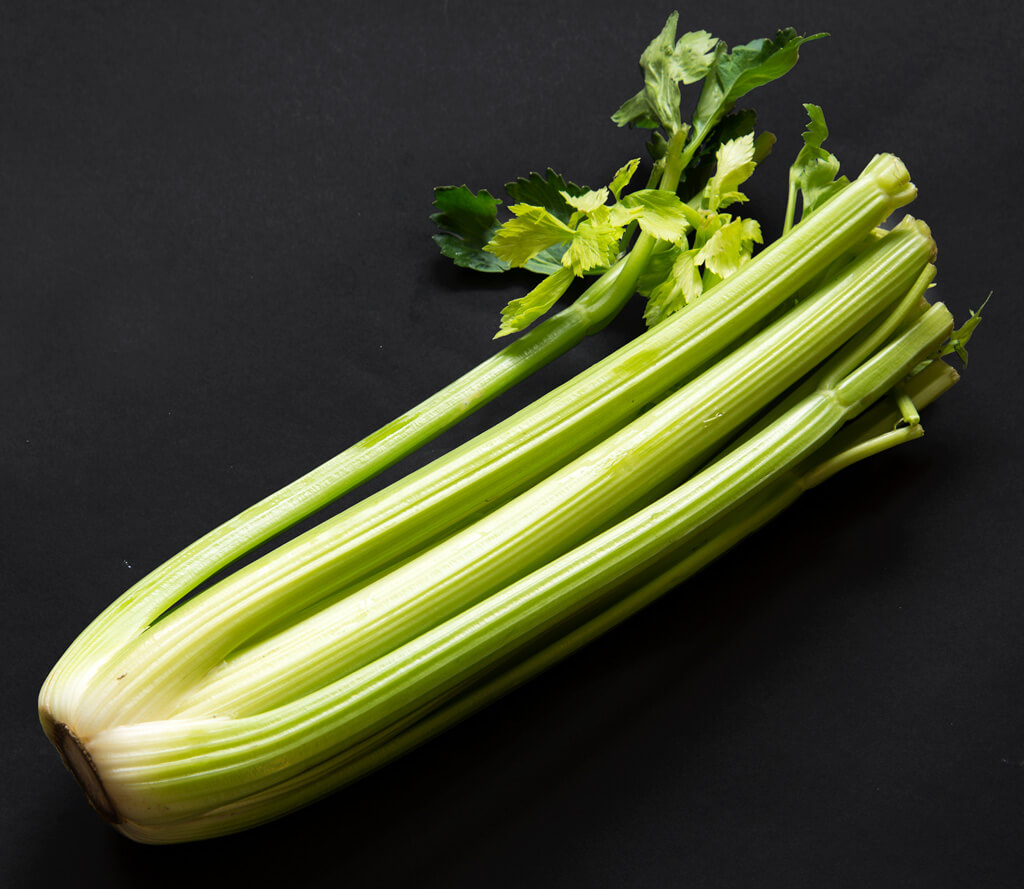
Photo: Roberto Machado Noa/LightRocket via Getty Images
Celery is high in nutrients and low in calories, which makes it the perfect snack to munch on if you want to nourish your body but not gain weight. Celery ensures proper brain function via the numerous ways it aids internal body functions.
The most apparent way that celery achieves healthy brain function is through its anti-inflammatory properties. Celery is packed with antioxidants and polysaccharides that are key nutrients for fighting inflammation. Chronic inflammation is the result of a myriad of health problems such as cancer, heart disease, arthritis, as well as a number of infections.
Dark Chocolate

Photo: BSIP/UIG via Getty Images
Chocolate lovers have a reason to rejoice! Dark chocolate is known to support healthy cognitive function through the copious amount of flavonols, which are active antioxidants that combat inflammation and free radicals.
For this reason, dark chocolate promotes healthy blood flow to the brain, reducing the chances of developing dementia or suffering a stroke. Dark chocolate is especially beneficial to senior citizens, whose cognitive function is most at risk. When we say dark chocolate, we're talking about chocolate that's at least 70% or higher in cocoa content. Anything lighter is probably not the healthiest choice because they contain other additives.
A certain tea is usually used for insomnia, but that actually has a lot to do with your mental health.
Extra Virgin Olive Oil
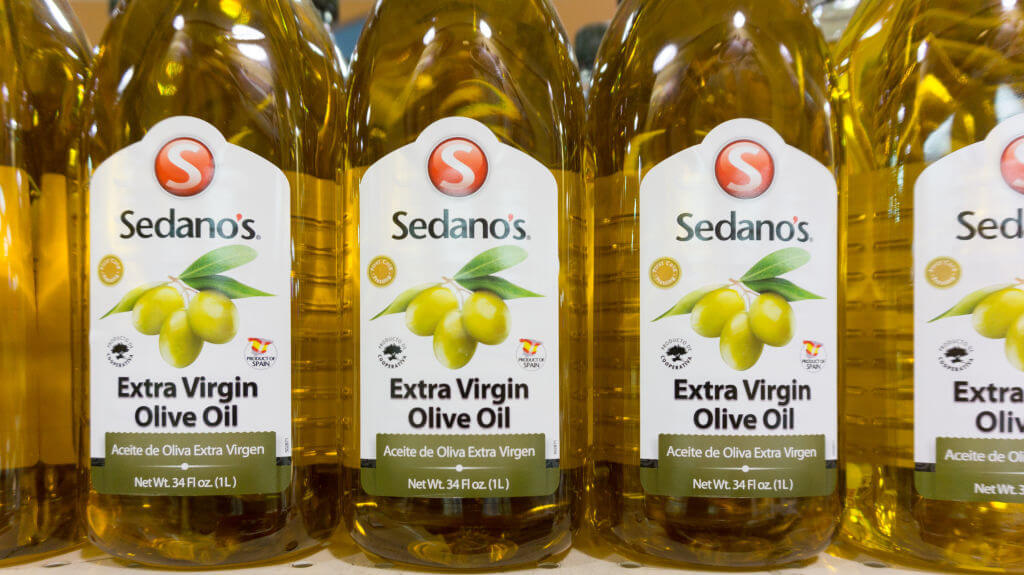
Photo: Roberto Machado Noa/LightRocket via Getty Images
Extra Virgin Olive Oil (EVOO) is one of the ultimate brain foods because it contains antioxidants known as polyphenols. Our brains are largely comprised of fatty acids, which makes them essential for performing tasks, regulating mood, and thinking straight.
Luckily, EVOO is chock full of fatty acids while the polyphenols help combat age-related cognitive issues. EVOO also has hormone-balancing, anti-inflammatory effects which help fight mood disorders and depression, which is sometimes a consequence of low-fat diets. If you want to support your brain with EVOO, make sure to find ways to consume it cold, since cooking EVOO takes away most of its benefits.
Egg Yolks

Photo Illustration: Andreas Rentz/Getty Images
There's nothing quite like the incredible, edible egg. But health-conscious folk usually just eat the whites, which is actually unnecessary. A lot of people see egg yolks as the unhealthy part of the egg and usually leave it out over high cholesterol concerns. But discarding your yolks might be a mistake!
Egg yolks are essential for cognitive health and here's why. The yolks are rich with choline, which is a macronutrient that's essential for brain development, nerve function, and other important bodily functions. Because the choline in egg yolks supports brain development, nutritionists say that pregnant women should start eating the yolks!
Chamomile

Photo: Bildagentur-online/UIG via Getty Images
Chamomile is a wonderful herb that has been used for nearly 5,000 years to aid a number of health problems. Chamomile contains disease-fighting antioxidants such as terpenoids and flavonoids, which are revered for their natural healing properties.
Chamomile is primarily consumed in tea. Chamomile tea is known to be relaxing and soothing, which makes it the perfect sleep aid. Chamomile helps you get a better sleep, which ultimately helps your cognitive function during the day. Chamomile also serves as a natural remedy for anxiety and depression due to its stress-fighting properties because of the way its scent is carried directly to the brain.
You might want to keep a bag of a certain nut around next time you're feeling snacky.
Cherry Tomatoes
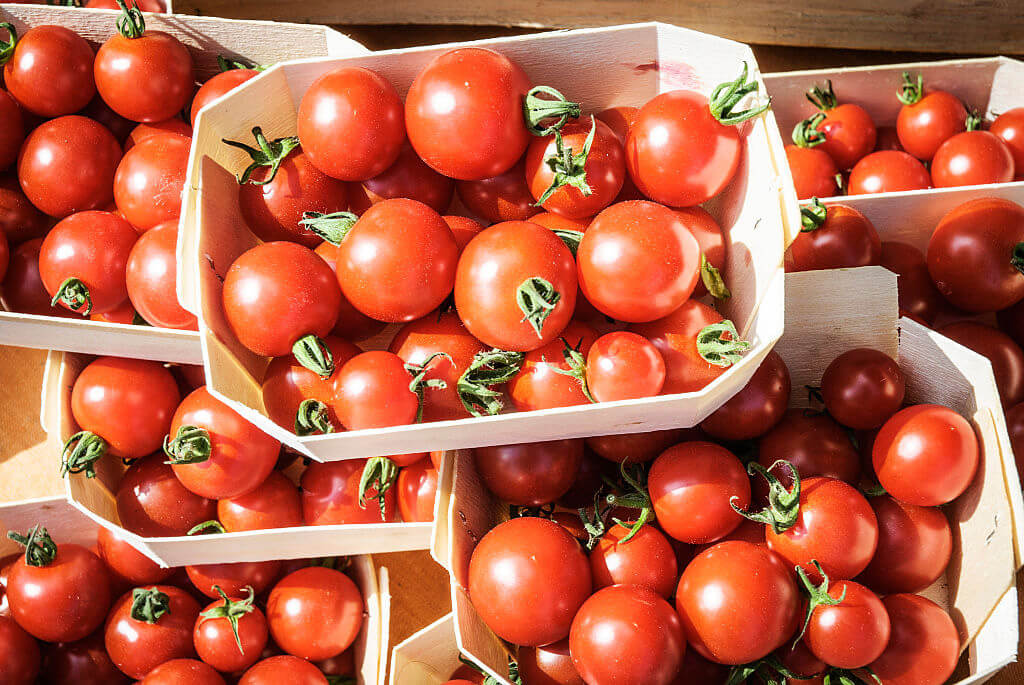
Photo: BSIP/UIG via Getty Images
Cherry tomatoes are excellent in promoting proper cognitive function, while also combatting depression. Cherry tomatoes and other bright red or orange fruits and veggies like them get their coloring from an organic pigment called a carotenoid.
Advertisements
Carotenoids have been known to boost cognitive function and support memory in the long run. Cherry tomatoes also contain lycopene, which is heavily concentrated within the skin of fruits in the tomato family and the cherry variety contains a lot of lycopene. Lycopene is anti-inflammatory which can prevent inflammation that causes depression. So these little guys can also help boost your mood!
Salmon
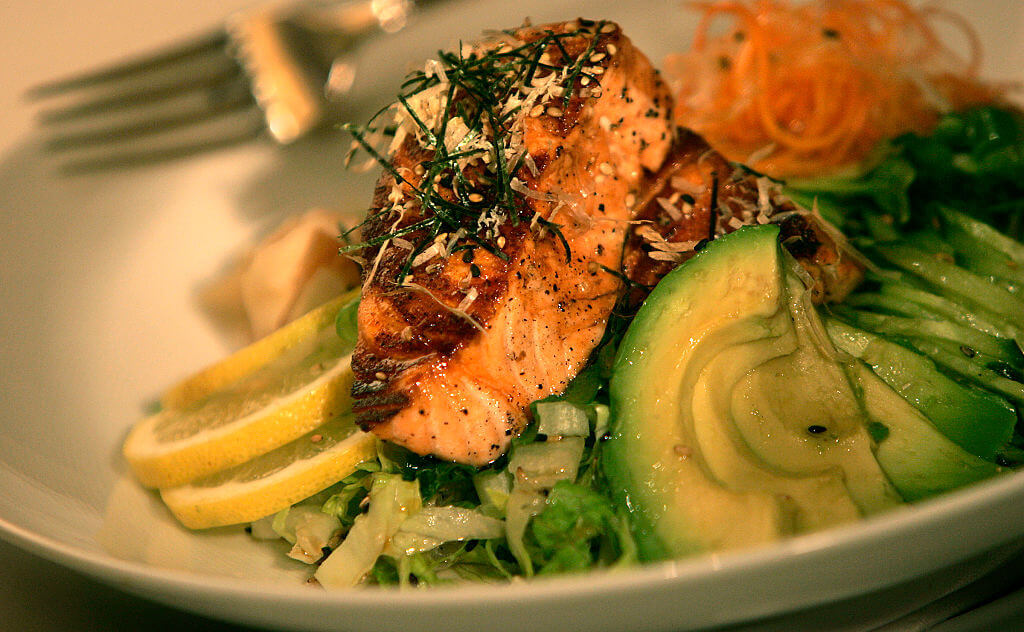
Photo: Ken Hively/Los Angeles Times via Getty Images
You've already read that our brains contain a significant amount of fatty acids, so it's a no-brainer that salmon would help support them. Salmon is rich with omega-3 fatty acids, which serve a multitude of health benefits.
In relation to brain health, the omega-3s in salmon help your brain function in the most efficient way possible and improve memory. This can help prevent ADHD in children and in the long term, can prevent Alzheimer's and Parkinson's diseases. Salmon also contains considerable levels of vitamins A and D, which not only act as antidepressants but also prevents age-related damage in the nervous system.
Walnuts
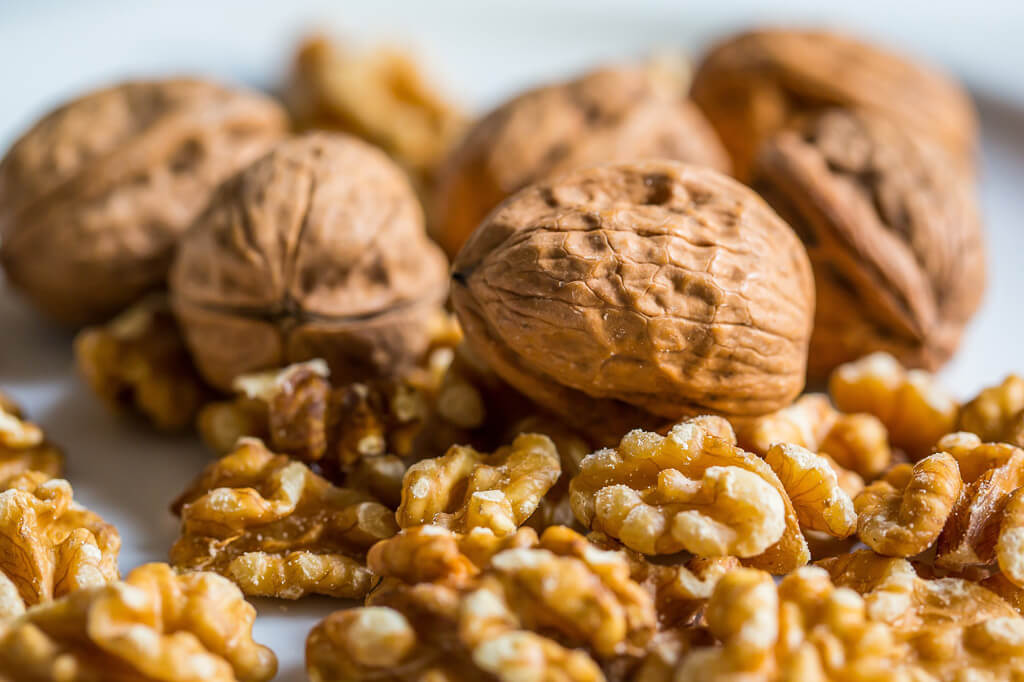
Photo: Pixabay
A simple walnut can do wonders for the mind! Like salmon, walnuts are also chock full of omega-3s, as well as antioxidants, vitamins, and minerals. This makes walnuts a superfood that supports memory, thought processing, and combats depression.
Studies have shown that low levels of omega-3s are factors in behavioral and cognitive disorders, such as depression, so walnuts are a perfectly natural way to prevent those from happening. Those same studies proved that those who suffer from mood disorders due to a lack of omega-3s also inevitably suffer from cognitive decline.
Keep reading to see how you can spice up your diet and support your brain!
Turmeric

Photo: INDRANIL MUKHERJEE/AFP/Getty Images
You may have seen turmeric pop up as a current dietary trend 2014 and for good reason! Turmeric is a spice you'll want to incorporate into your diet once you discover the multitude of health benefits that it has to offer.
In terms of your cognitive health, turmeric can boost your brain's oxygen intake, which not only keeps you alert but also helps your process information clearly. This is because turmeric contains a chemical compound called curcumin, which is a powerful anti-inflammatory agent. Studies have shown that curcumin is just as effective as Prozac, so the spice can also benefit those suffering from depression.
Spinach
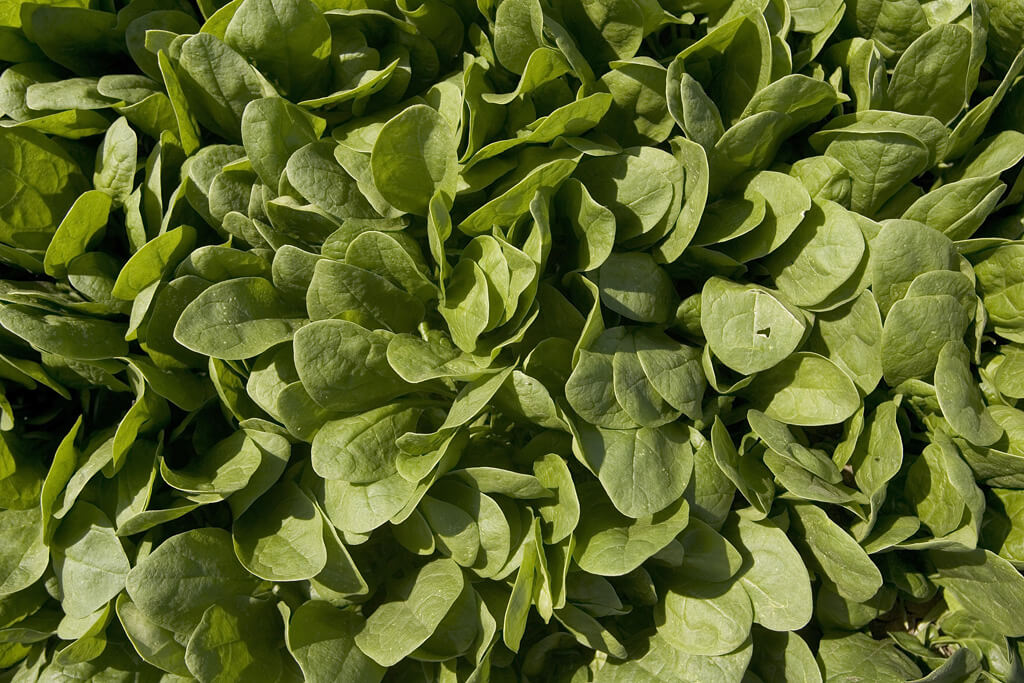
Photo: David Paul Morris/Getty Images
There's a reason spinach is always on a list of foods to eat for healthy diets. The leafy green is one of the most nutrient-dense foods in existence. Spinach not only can do wonders for the body but imagine what it could do for your mind!
Spinach has been known to slow the aging process, which in turn protects the brain from age-related diseases. Some studies have found that spinach even has the ability to reverse existing damage in the cerebral cortex of those who've previously suffered a stroke. Spinach's anti-inflammatory and antioxidant properties have also been known to alleviate the stressors that cause a decline in cognition and motor skills.
Rosemary

Photo: Loadmaster/Wikipedia
Rosemary is an herb that not only dresses up a lot of foods and makes them smell great, but it also can do wonders for brain health. Rosemary contains carnosic acid, which ultimately protects your brain from neurodegeneration.
Carnosic acid helps your braid fight chemical free radicals, which have a hand in causing Alzheimer's and strokes. Rosemary as an essential oil can also improve your memory. When used in aromatherapy, rosemary essential oil helps people become more alert and improves the quality of your memory. It has also been known to treat and prevent Alzheimer's disease.
The beautiful colors of a certain leafy green are what help prevent Parkinson's and Alzheimer's.
Kale
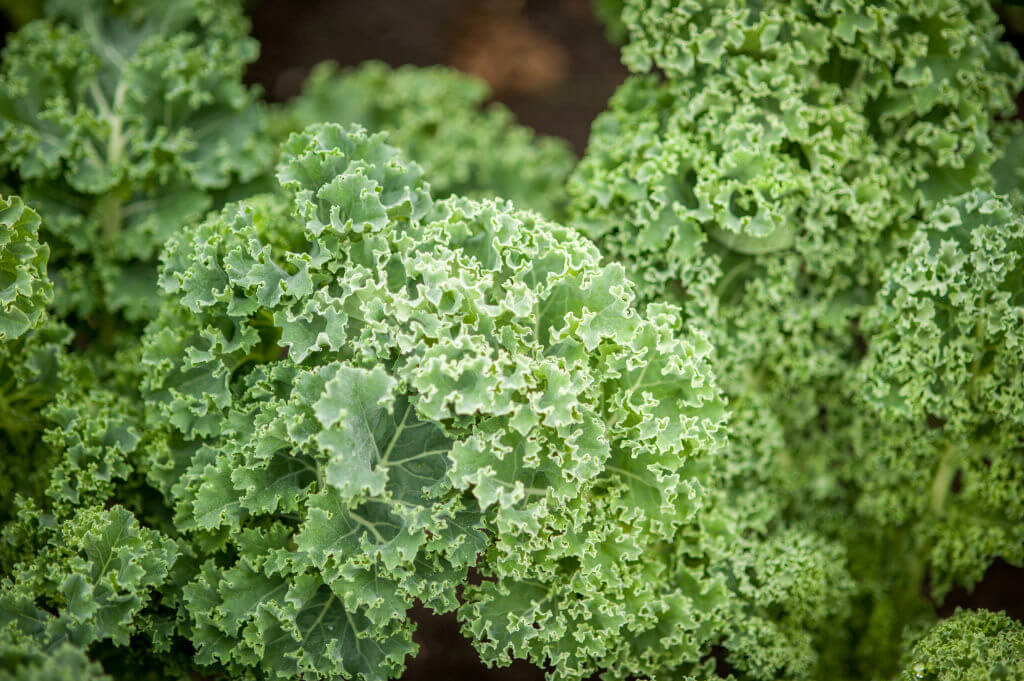
Photo: Edwin Remsburg/VW Pics via Getty Images
Kale is another leafy green that is frequently featured in healthy diets. Kale is great for salads, but it also has its place in a variety of smoothies, shakes, and juices. Kale is rich in vitamins K, A, and C which combined with its other nutrients has excellent anti-inflammatory and antioxidant properties.
Pregnant women might also want to amp up their kale intake since it is known to boost infant brain development, especially in the womb. This is because Kale contains a considerable amount of folate, which prevents birth defects and supports proper development of the baby's face and heart.
Coconut Oil
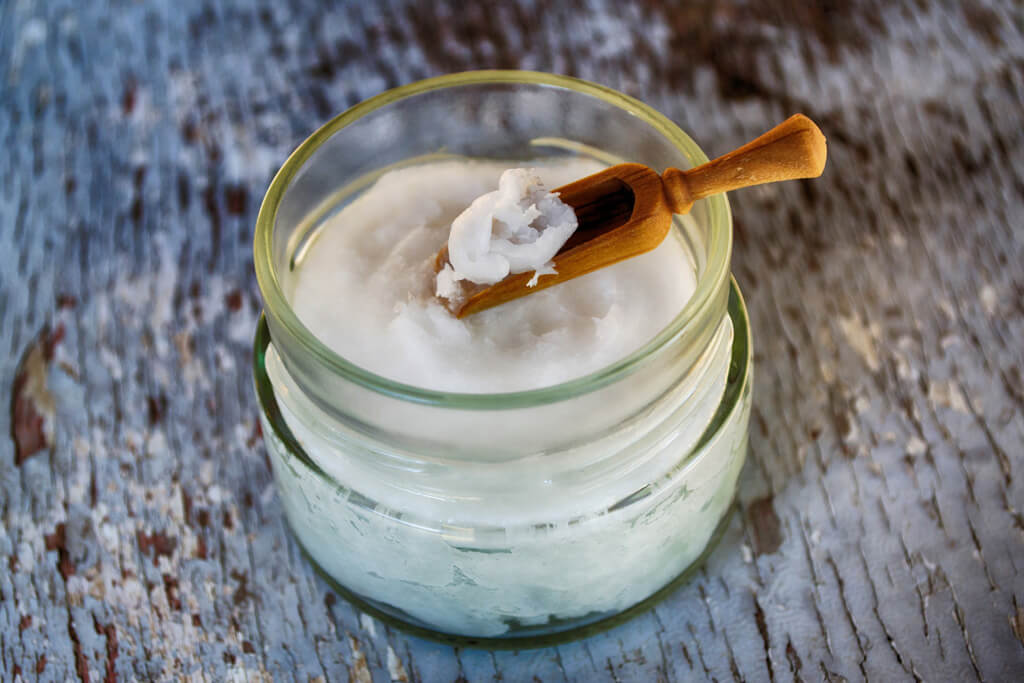
Photo: Public Domain Pictures
If you aren't aware of the multitude of benefits that coconut oil has to offer, then prepare to be enlightened. For brain health, in particular, coconut oil contains a compound called MCT, which stands for medium-chain triglycerides.
When MCT is digested, the liver creates ketones that act as readily accessible energy for your brain. The brain creates its own insulin for power brain cells, but this is not the case for Alzheimer's patients. Brains afflicted with Alzheimer's can't produce their own insulin, so the ketones created by MCT in coconut oil can help repair brain function.
Swiss Chard
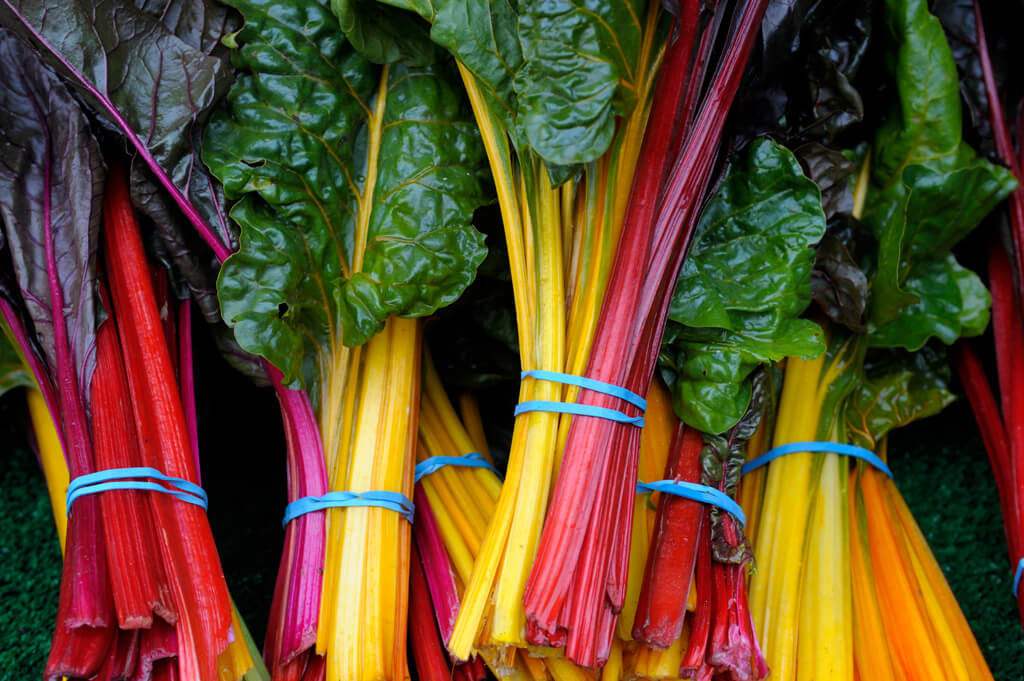
Photo: Wolfgang Kaehler/LightRocket via Getty Images
Swiss chard is a lovely, colorful leafy green that is dense with nutrients. Part of what gives swiss chard its vibrant red color is betalain, which is the nutrient in the plant that helps support a healthy cognitive function.
The high betalain levels in swiss chard offer protection against oxidative stress-related disorders, which is caused by heavy doses of free radicals. This can lead to a myriad of neuro-degenerative diseases, such as Parkinson's or Alzheimer's. Swiss chard also has antioxidants that prevent brain cell mutation and protect from DNA damage.
Broccoli
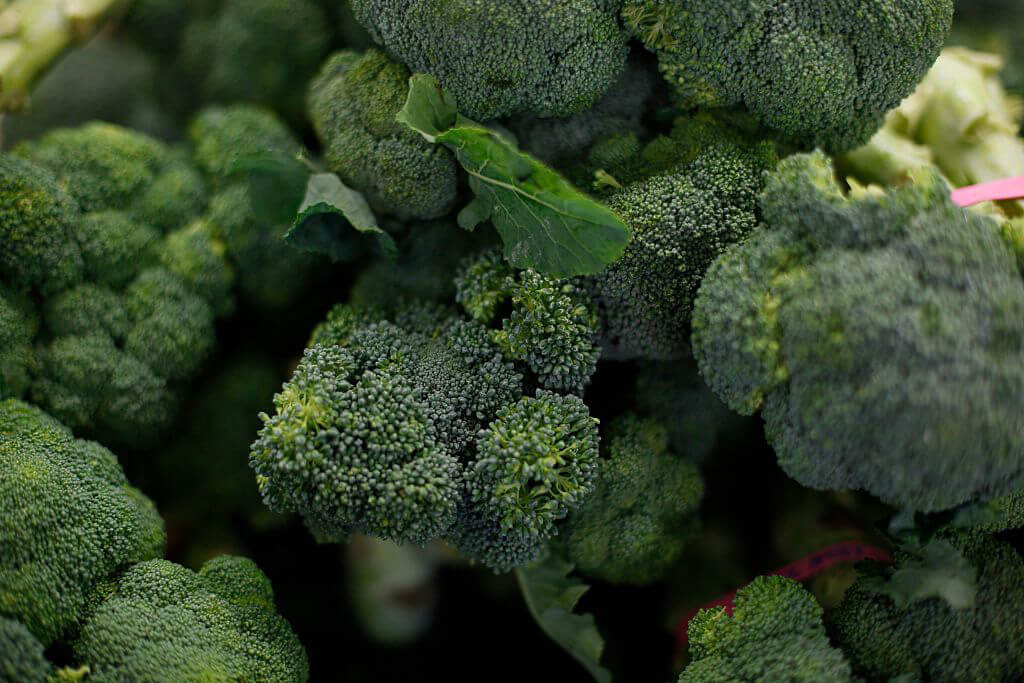
Photo: Marta Iwanek/Toronto Star via Getty Images
Hating on broccoli is child's play because most people tend to open up to it as they grow older. Combined with choline, the high levels of vitamin K in broccoli do wonders for the mind and keep your memory sharp.
This is because vitamin K is essential in preventing blood clots, which decreases your chances of having a stroke. And in case you didn't know, just one cup of broccoli amounts to 150% of the recommended daily intake of vitamin C, so think about that next time you look to oranges to up your vitamin C intake.
Romaine Lettuce
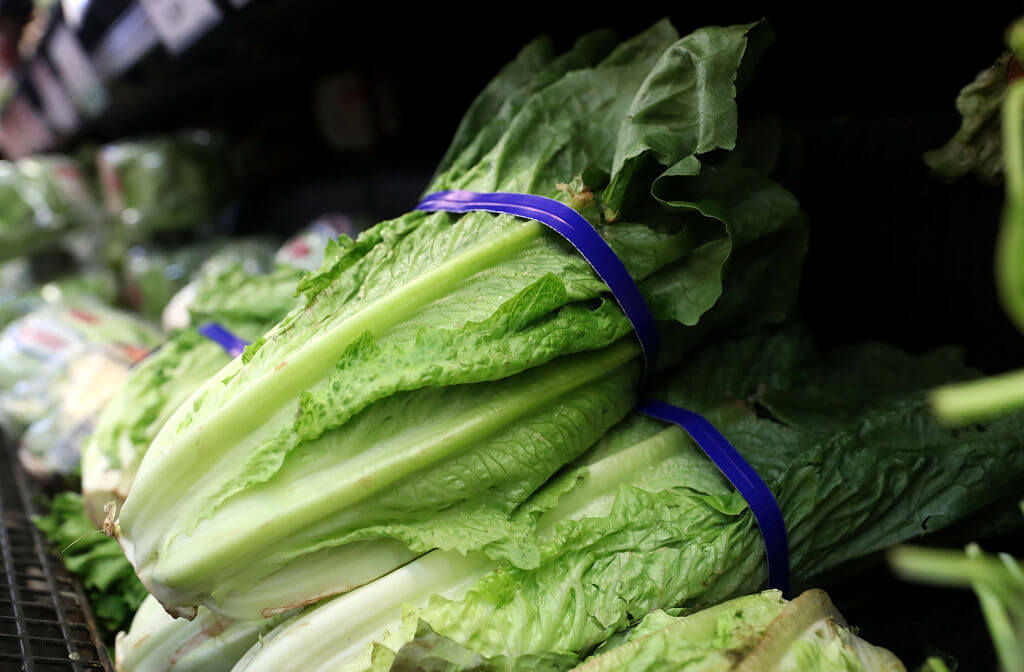
Advertisements
Photo: Justin Sullivan/Getty Images
Romaine lettuce is a common leafy green that you're probably used to eating. But many people equate romaine lettuce with that of iceberg lettuce, which has considerably low nutritional value. But you might be surprised to learn that this is not the case for romaine.
If you're already consuming a decent amount of romaine lettuce, then you're helping keep dementia at bay while overall supporting your mental functions. Romaine lettuce contains high levels of vitamins A and C, which helps fight free radicals. You don't want too many free radicals to build up in your body otherwise you're susceptible to developing a number of health conditions.
